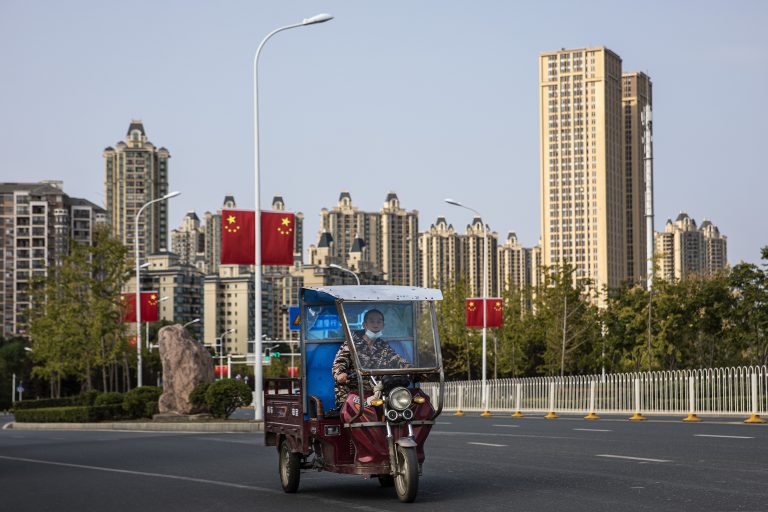China’s debt-ridden property developer Evergrande Group has managed to secure an extension on a defaulted bond. Evergrande has been granted a three-month plus extension on a $260 million bond after the company offered extra collateral. The bond was due to mature on Oct. 3.
An anonymous source told Reuters that Evergrande Chairman Hui Ka Yan decided to inject personal wealth to support a Chinese residential project that is linked to the bond. This guaranteed the completion of the project, thereby opening a path for bondholders to collect their dues. In order to avoid a prolonged legal tussle and a messy breakdown of the company, the bondholders consented to the proposition.
The bond extension came a day after Evergrande announced it had abandoned plans to sell a 50.1 percent stake in Evergrande Property Services Group, worth $2.6 billion, to Hopson Development Holdings. Evergrande justified pulling out from the deal by stating that Hopson had not met the “prerequisite to make a general offer.”
Earlier, a proposal to sell Evergrande’s Hong Kong headquarters, valued at $1.7-billion, had failed to attract buyers due to concerns over the developer’s financial situation.
The scrapped sale of Evergrande Property Services Group “has made it even more unlikely for it (Evergrande) to pull a rabbit out of a hat at the last minute… Given where things are with the missed payments and the grace period running out soon, people are bracing for a hard default. We’ll see how the company addresses this in its negotiations with creditors,” a lawyer representing some creditors said.
Success
You are now signed up for our newsletter
Success
Check your email to complete sign up
Meanwhile, trading in the Hong Kong-listed shares of Evergrande and Evergrande Property Services Group Ltd resumed on Oct. 21 after having been suspended for more than a fortnight. The price went down 12.5 percent while shares in its property services unit fell by 8 percent. Shares in Hopson jumped 7.6 percent.
The Evergrande crisis has persuaded government officials to reassure markets that the company’s issues won’t spiral out of control and lead to bigger financial woes. However, experts are warning about potential economic fallout from the situation and the broader crisis facing the country’s property market.
“China’s attempts to preserve strengthened risk controls over the property sector without magnifying a growth slowdown illustrate the difficult trade-offs its policymakers are facing… Stress could spread to other parts of the economy and the financial system if policy easing is too cautious. However, a substantial loosening of credit conditions could raise system leverage and set back efforts to control financial risks,” rating agency Fitch said.
Fears of economic contagion have been aggravated by statements from other real estate developers. Chinese Estates Holdings announced that it will potentially record a loss of $29 million this financial year. Modern Land (China) Co. did not seek the approval of investors to prolong the maturity date of a dollar bond that was due on Oct. 25. In order to address liquidity issues, the company is planning to hire a financial adviser.
Clarence Tam, fixed income portfolio manager at Avenue Asset Management in Hong Kong, said that Modern Land’s decision has added more pressure on investors. “The market is worried all single-B companies will choose not to pay,” he told CNBC.














